What a terrific bit of old footage. Love Lizzy. And love this performance of one of their funkier classics.
HOME/DiY: 1:20 Art Studio Model, Day IX
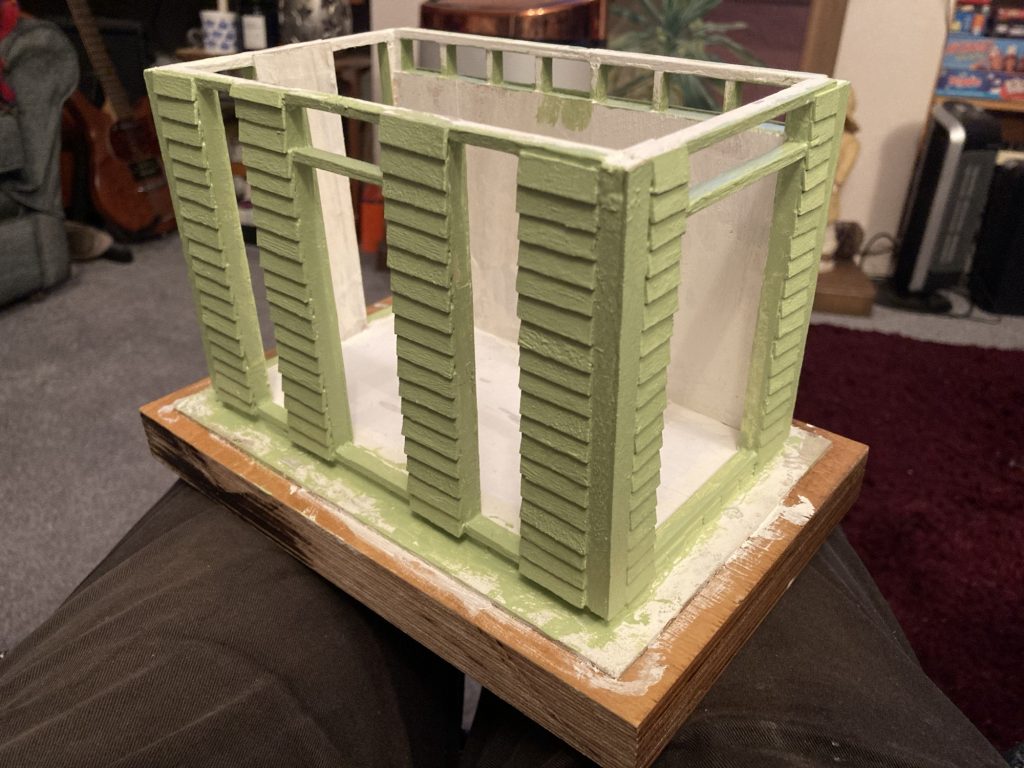
As we’re currently at dad’s, I don’t at present have any materials to do more building work on this project. But I’m working two shifts out of Wisbech today, so I might collect some stuff from home whilst I’m nearby.
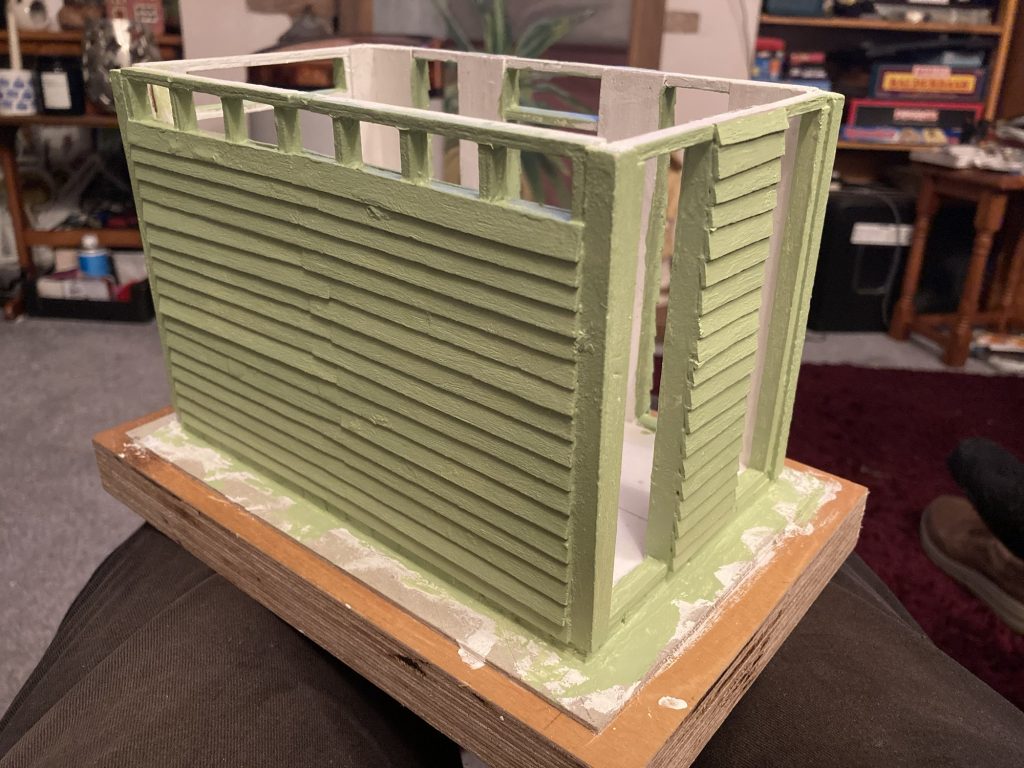
So all I’ve been able to do, whilst here at dad’s, is finish the cladding, and do a few coats of paint. I’d love to do the doors and windows. But I need some form of clear plastic (Perspex, or poss’ even real glass?) to do so.
MEDiA: The Hound of The Baskervilles, 1939
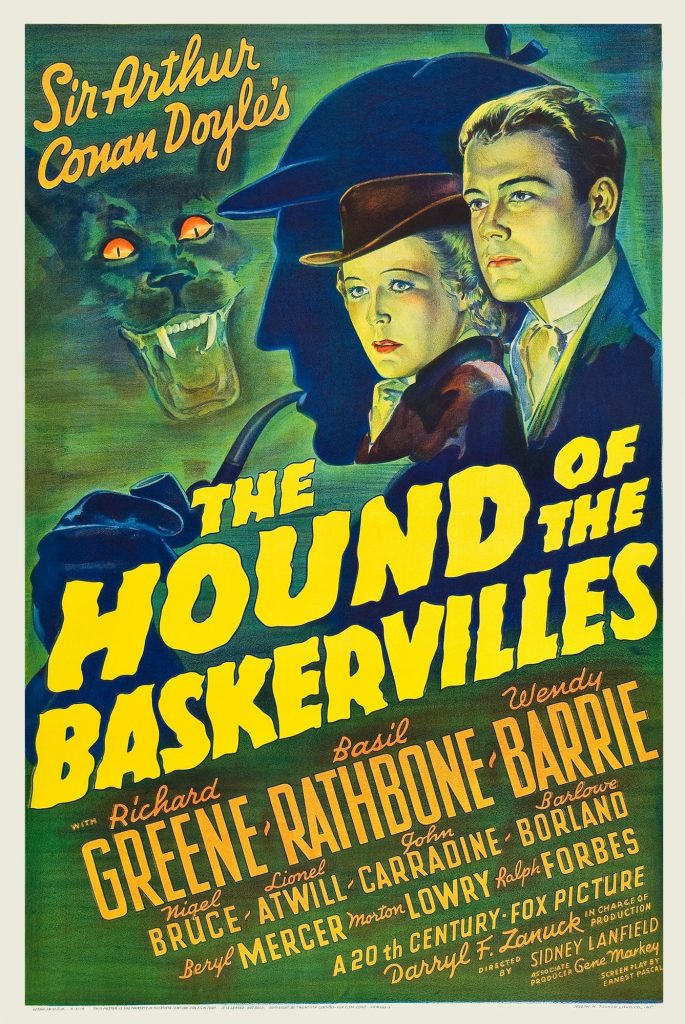

Great fun!
These old Basil Rathbone Holmes movies were often on TV when I were a young nipper. Both Teresa and I ultimately prefer Jeremy Brett for the role, for a more authentic dramatic rendering of Holmes.
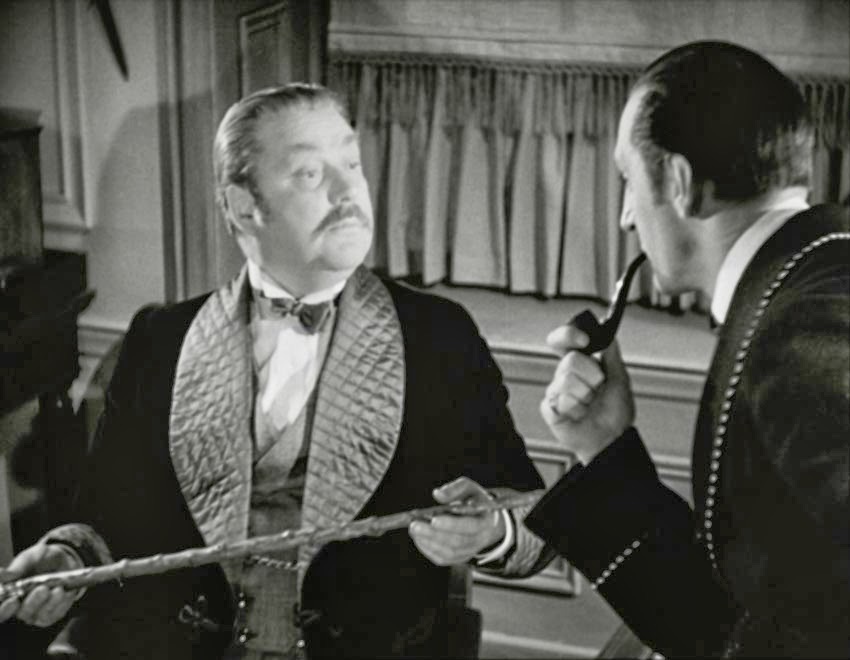
But Rathbone is great fun in these slightly odd wartime Yankee Doodle versions. And Nigel Bruce, as the bumbling Dr Watson, whilst silly, is very endearing.
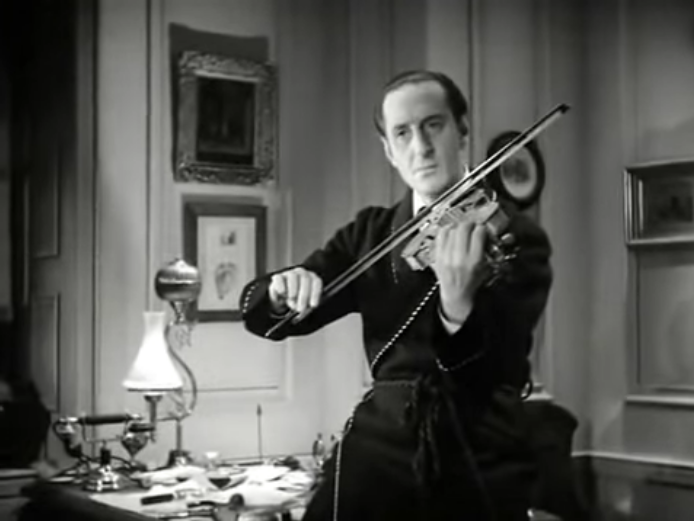
I’ve seen this instalment of the series many times. And yet, watching it again, tonight, a lot of it I didn’t really recognise. Weird!
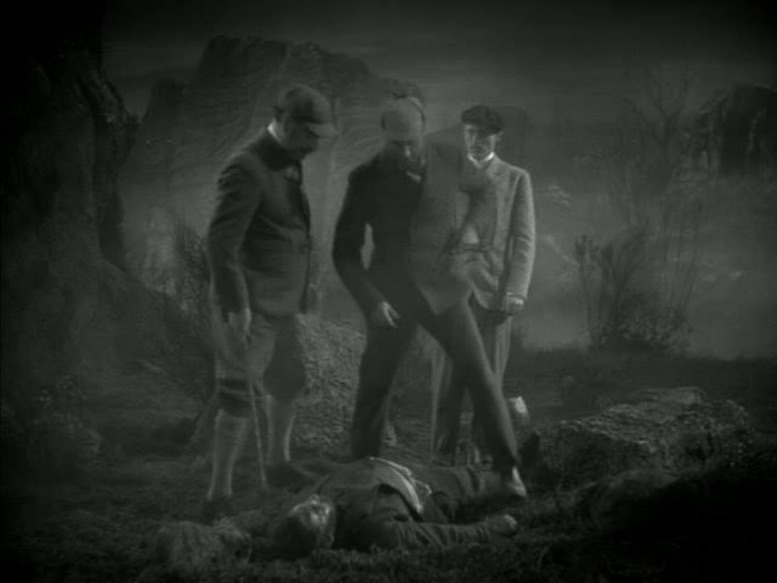
John Carradine a Eily Malyon are great as the spooky Mr & Mrs Barryman, servants at the Baskerville Pile.
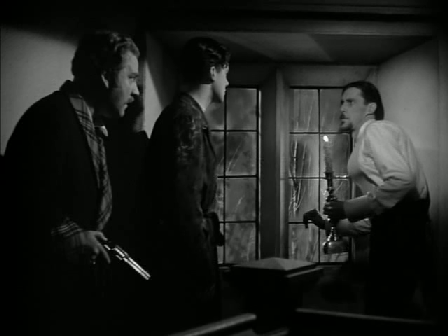
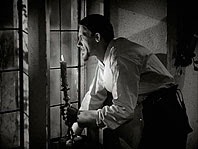
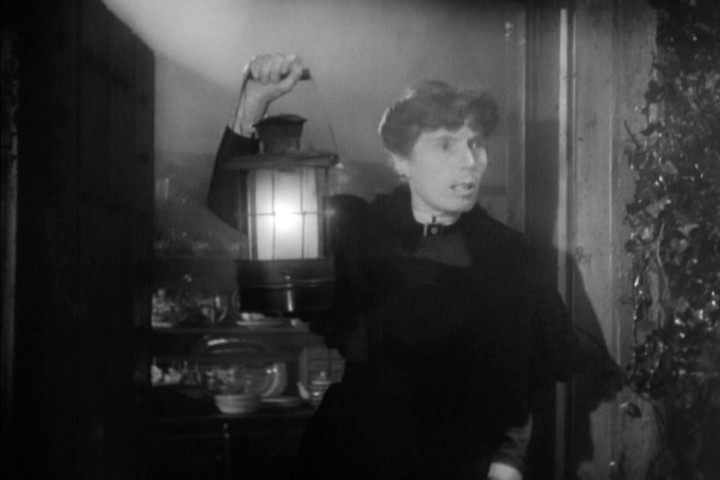
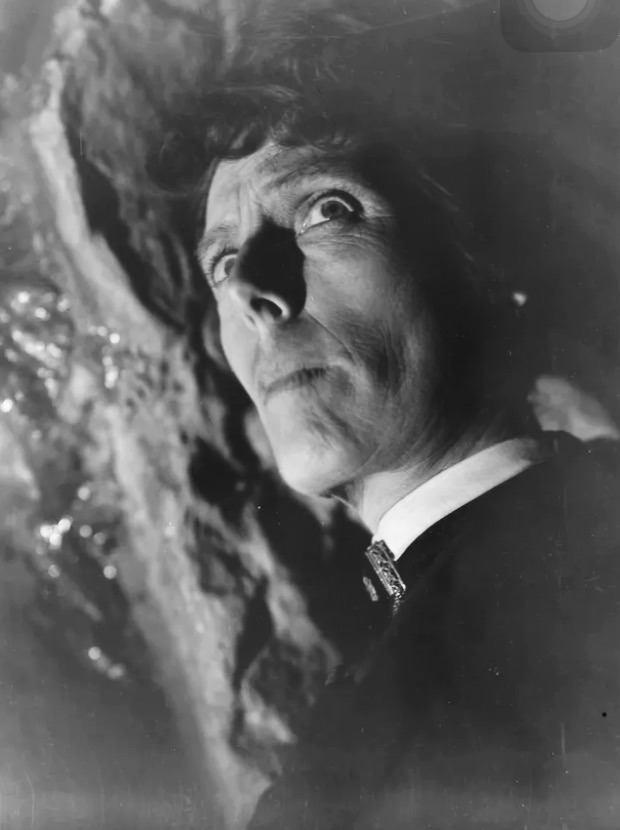
This film isn’t very much like ACD’s written version. But who cares? There are other interpretations, if you want a more faithful rendering.
Fistful was my choice. The Hound was Teresa’s. And ultimately, they’re both a load of ol’ hokum. But enjoyably so.
MEDiA: Fistful of Dollars, 1964
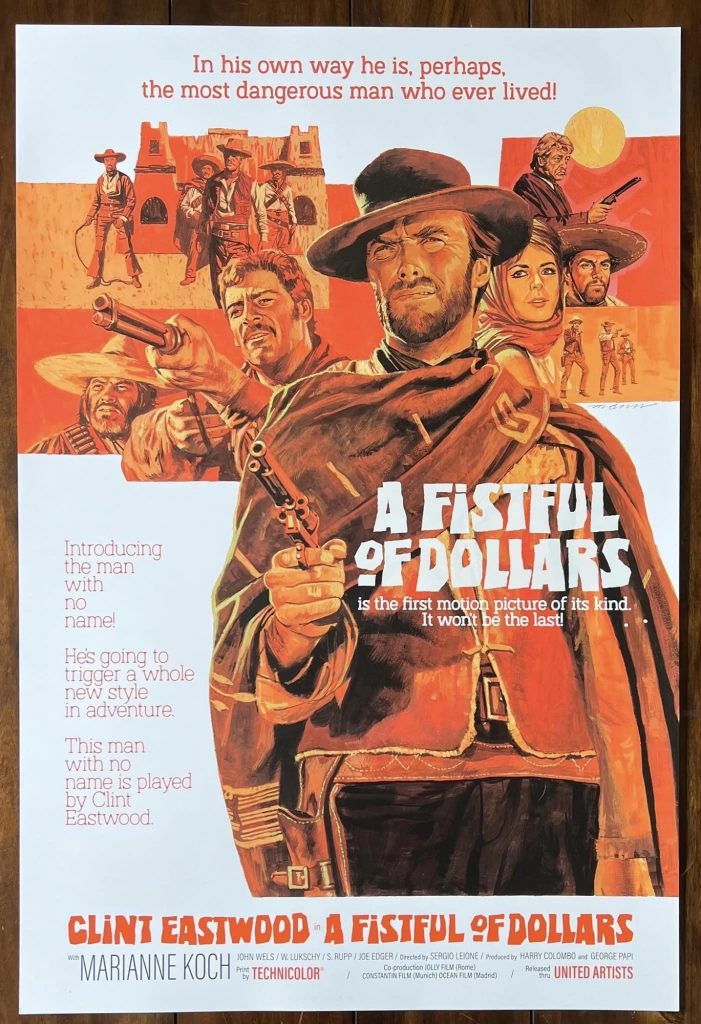

Watching this, over at dad’s. What a classic! The weird disembodied voices, the result of dubbing, are annoying. But they’re almost part of the period charm.
Certainly the visual aesthetic (which, like the story itself, owes a debt to Kurosawa’s Yojimbo), and the fabulous music of Ennio Morricone, are wonderful.
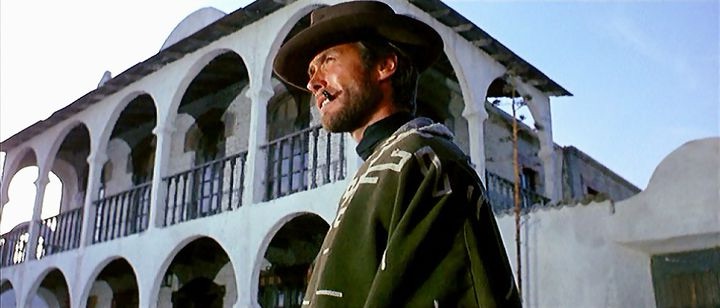
Clint Eastwood’s Joe is a wonderfully appealing male-fantasy (appealing to men, undoubtedly; to women? I couldn’t say!): tough, taciturn, bright, witty, moralising, but a cold-hearted butcher, and a one man army.
What man doesn’t, secretly or otherwise, wish they were tough enough to take on all their enemies, and laconically and lethally dispatch them all? And get the girl(s), of course.
And Clint looks sooo goddam cool!
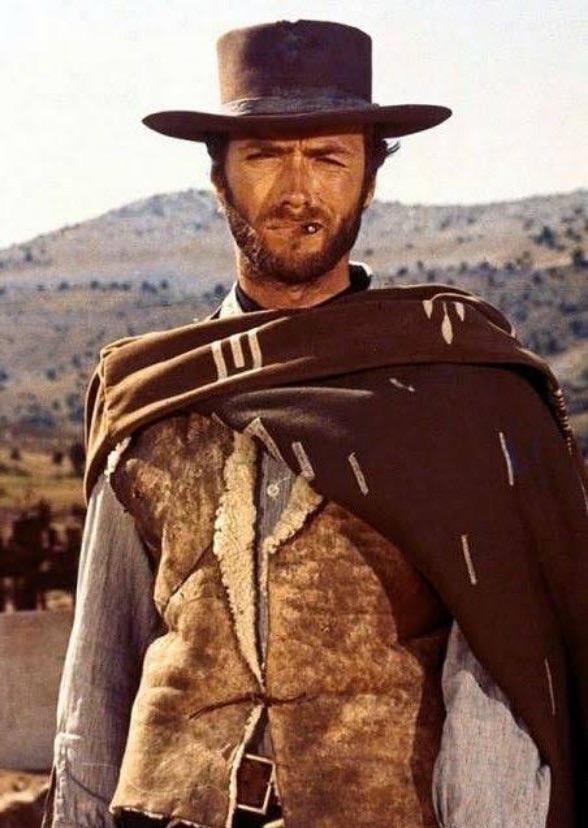
I want that poncho! But of course my pot-belly and haggard face won’t light it up like a young Eastwood does, alas.
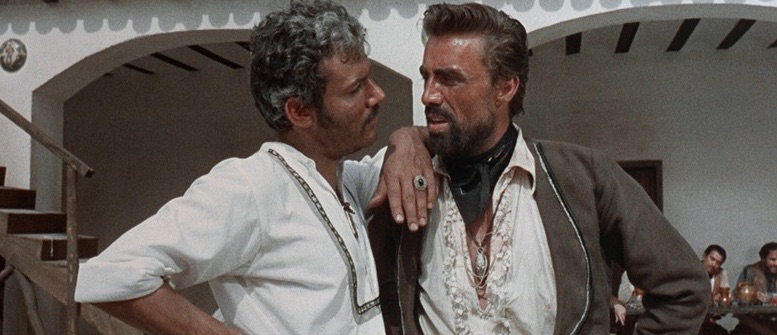
The plot? Who cares, frankly. It’s just a pathetic McGuffin, giving Eastwood a vehicle do righteous murderous mayhem.
One thing I do like, plot wise, in addition to the whole general vibe, is the segment where the Rojos rough Joe up. Even though it doesn’t really tether our taciturn hero to reality, it does at least temper the whole ‘superhero’ level of invincibility.
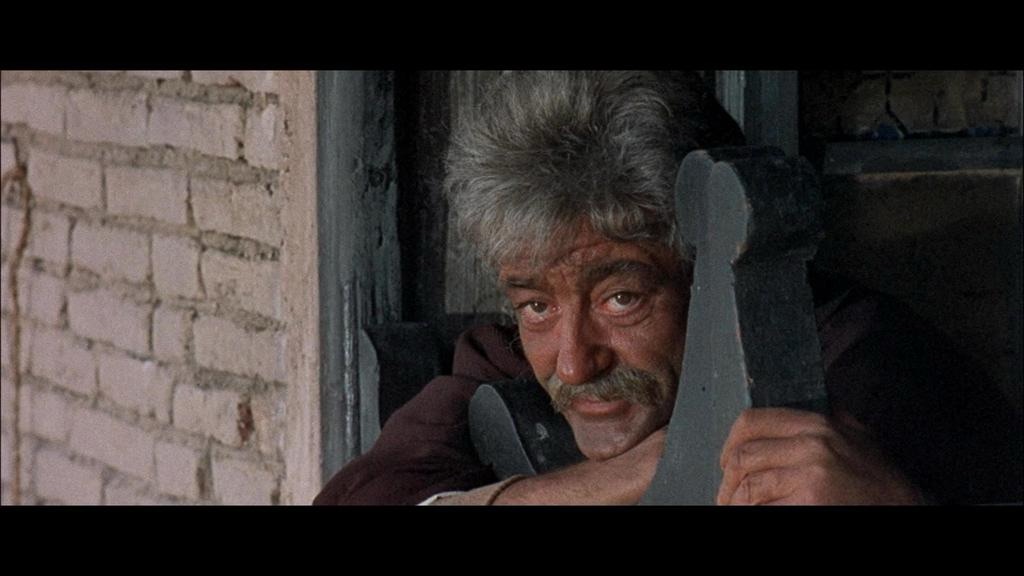
There are some great faces in this movie. Eastwood, of course. Ramón and Esteban. A d then the old-timers, like Silvanito and Piripero.
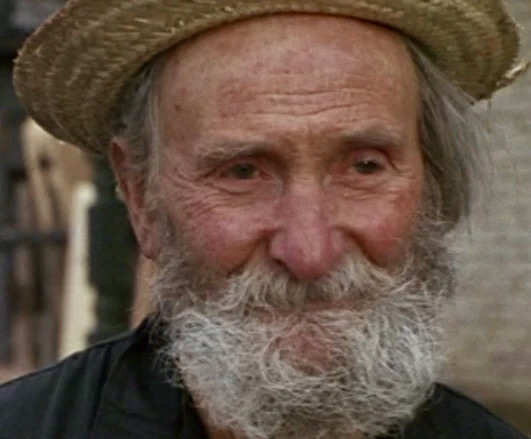
For its time, 1964, the pornographic revelling in brutal violence must’ve been quite shocking. We’re inured to it now. But it’s pre Peckinpah, pre Tarantino. And it predates even the slew of 1970s ‘revisionist’ Westerns.
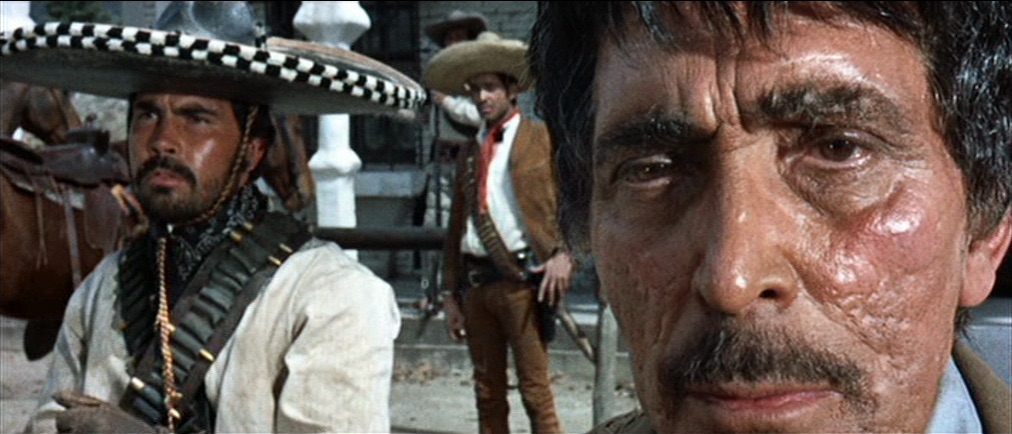
Anyway, this ain’t an in depth analysis. It’s just a wee celebration of a rather stylised and enjoyable slice of Spaghetti Western hokum.
I think I’ve got the trilogy on DVD, at home? I’ll have to watch the other two movies. And I’ll have to check out Yojimbo (again?), as well.
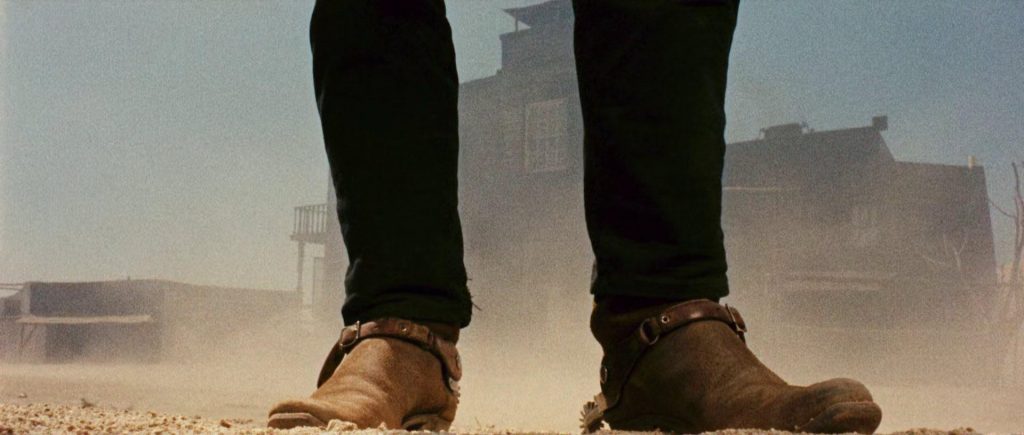
And the ending? S’wonderful.
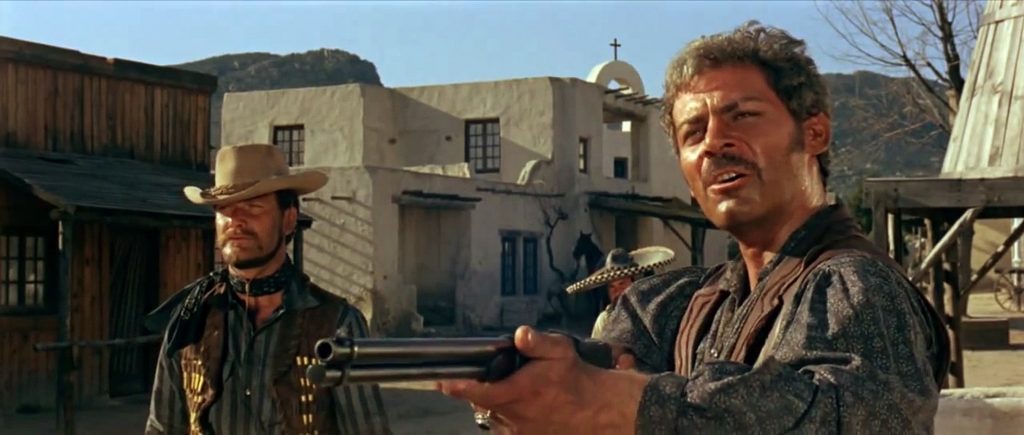
HOME/DiY: 1:20 Art Studio Model, Day VIII
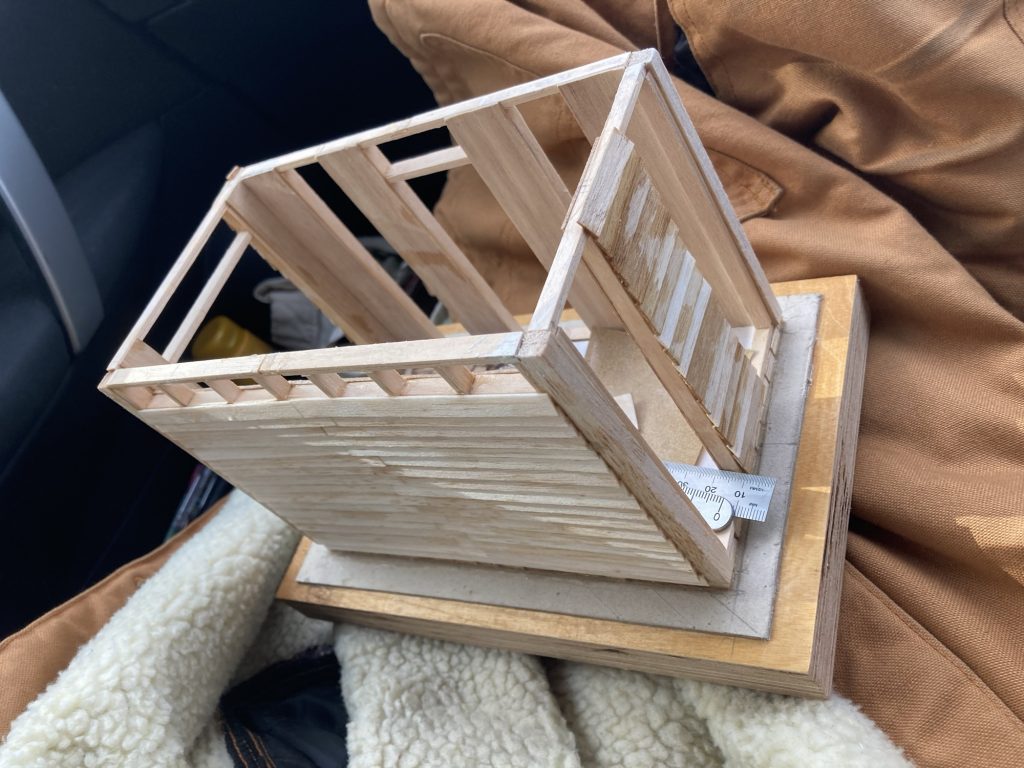
We’re going to dad-sit for a few days: today (Thursday) through to Sunday. I’m taking several books, and my model in progress of our art studio
I’ve clad all the internal walls. And I’ve also done three of the external walls. I think I’ll rebuild the roof. As the one I’ve done just isn’t up to snuff!
And then it’ll be time to do the doors and windows. Phew!


Some time later…


At Dad’s, I finished cladding the ‘art studio’ model. After which we had pasta ready meals, with Pops (Sam joined us, but had already eaten), and watched some Colin Furze, followed by 12 Monkeys. I then gave the model an undercoat of off-white. And painted the exterior in Green Curry, a B&Q Valspar colour.
MiSC/WEB WiZARDY: My First Wikipedia Edit!

I’ve tried to edit Wikipedia entries before. But for reasons I now forget, I’ve never succeeded. Until today. I had to register anew. Bit of a pain. But once done, I created my first contribution to Wikipedia. Of which I’m very proud, and pleased as Punch!*
What exactly is it? I hear nobody ask me… well, it’s the addition of the 2022 book, listed below, in the bibliography section of Wikipedia’s entry on Marcus Hugh Tristram de la Poer Beresford, 7th Baron Decies, an Anglo-Irish hereditary peer.

Why? Because I’ve just read – and will shortly be reviewing – de la Poer Beresford’s very good book, Peninsular and Waterloo General: Sir Denis Pack and the War Against Napoleon.

With the author sharing the Beresford surname with one of Pack’s fellow Napoleonic-era generals, I decided I’d check if they were related. They are. And it turns out Marcus’ previous Napoleonic history book was all about his illustrious ancestor:
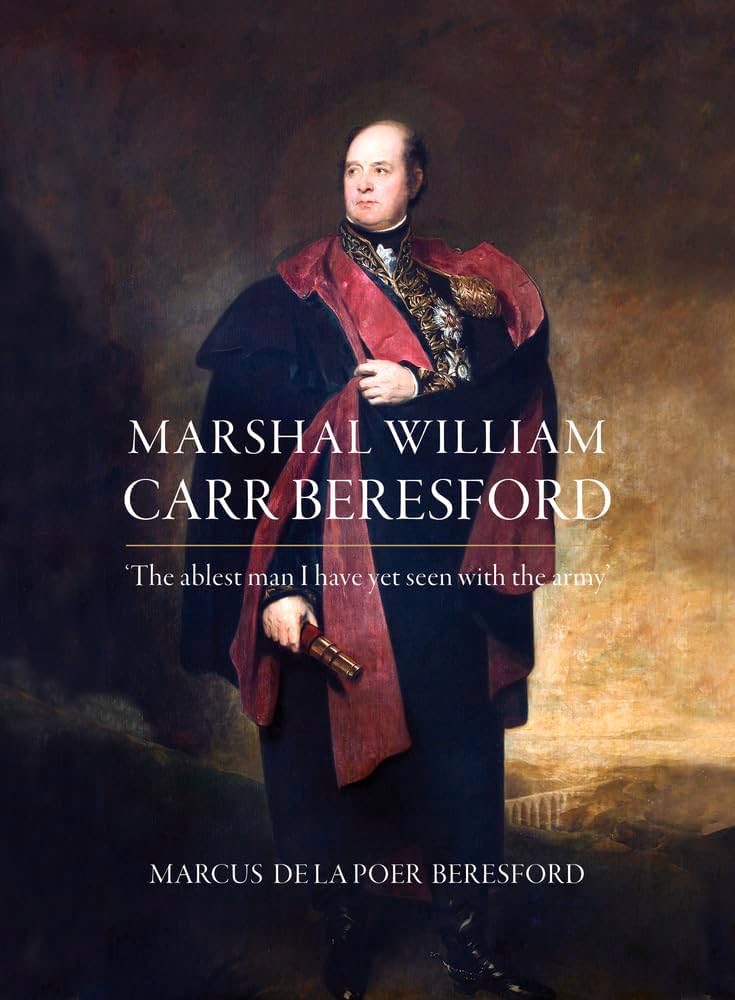
It also transpired that the bibliography on the Wiki page wasn’t up to date. Berefords’s Denis Pack book wasn’t listed. So I fixed that.

I’ve never really been that interested in the Commedia del’Arte (my pal Tim is!). Until now. Why so? Well, it turns out our Punch, of Punch n’ Judy fame, is a bastardised descendent of the Commedia character Polichinello (also sometimes spelled Polichinelle).
Anyway, I hope that now I can start contributing more to Wikipedia. We shall see, I suppose?
HOME/DiY: 1:20 Art Studio Model, Day VII
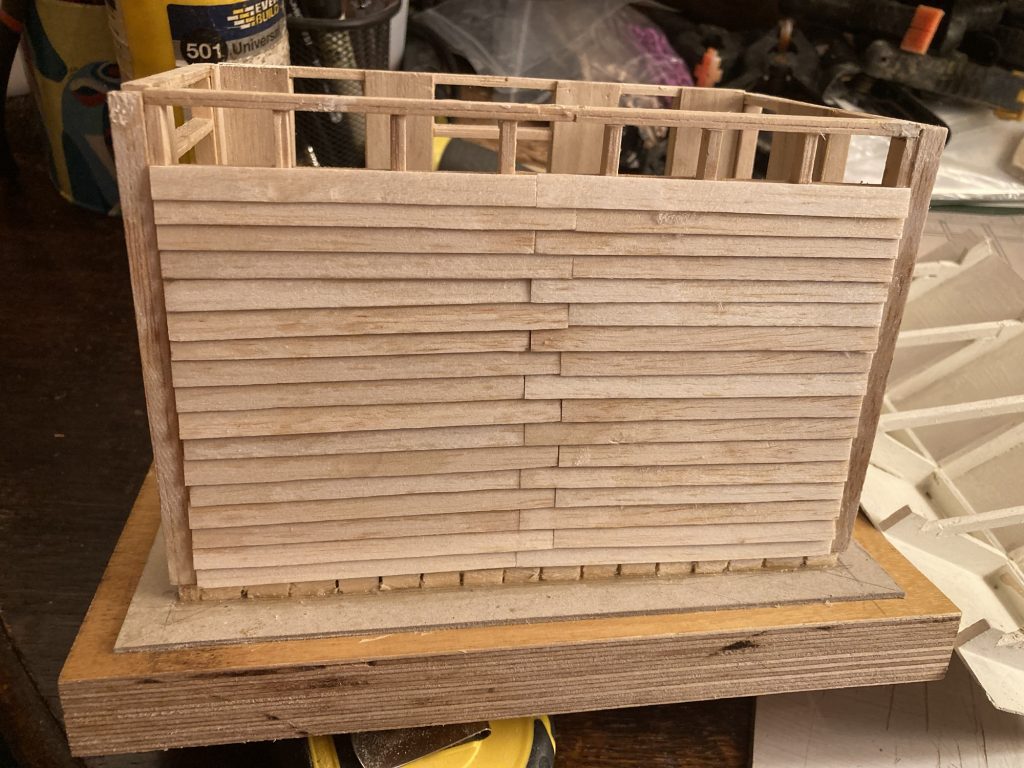
I’ve been working on this project about a week now. I still feel pretty shitty after the most recent Covid jab. But I think I’m gradually improving. And getting out to do a shift yesterday was, despite my fears, good.
Today I’m doing a slightly longer shift. I’m also expecting some thin sheets of balsa, from Amazon, to arrive some time today. When they do, I can start cladding the internal and external wall of the art studio.

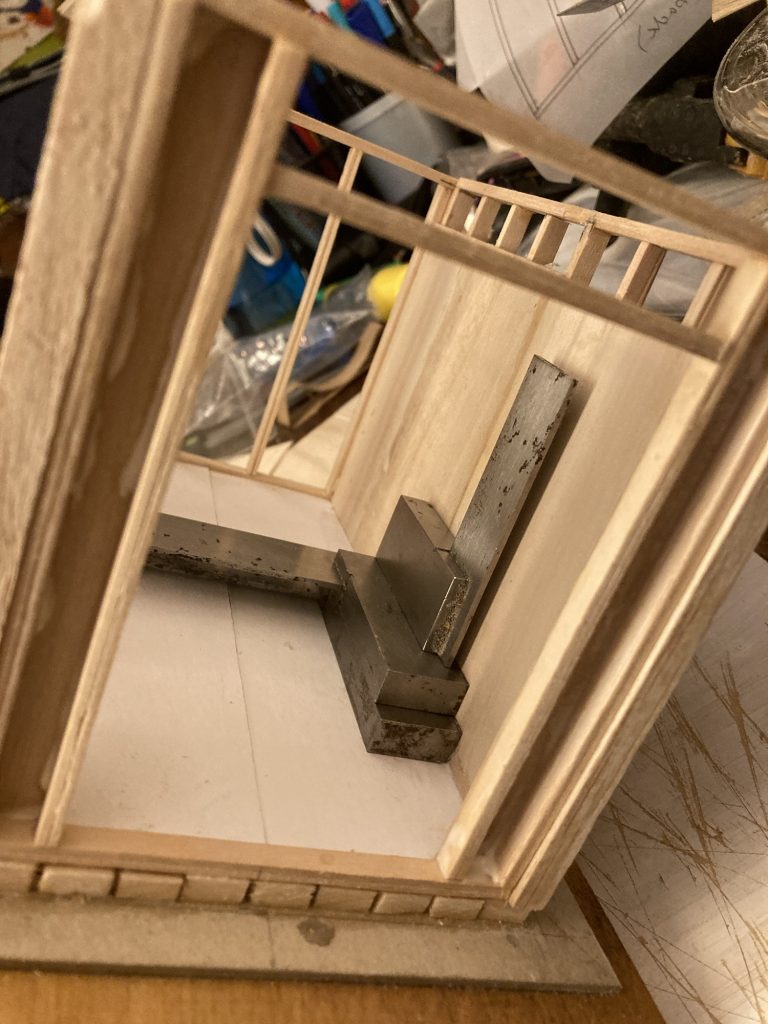
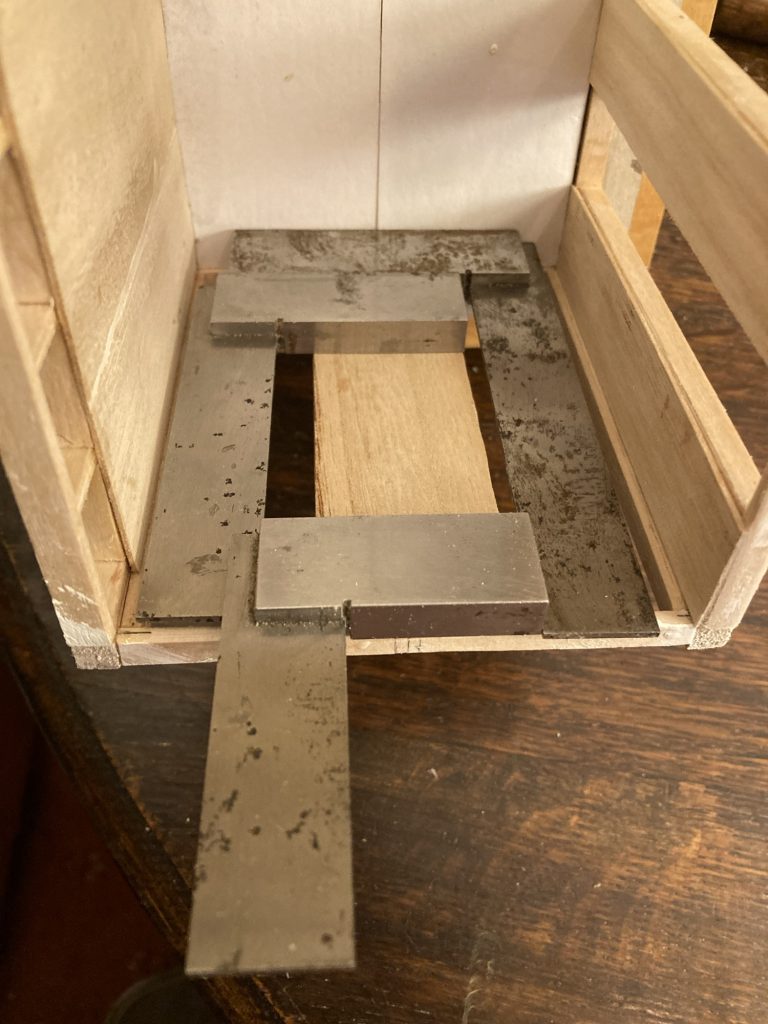
But the main effort today, despite the aforementioned cladding, was putting sheets in the roof. Jeez… roofing is hard! Both on models, and real buildings. I know, ‘cause I’ve done both.
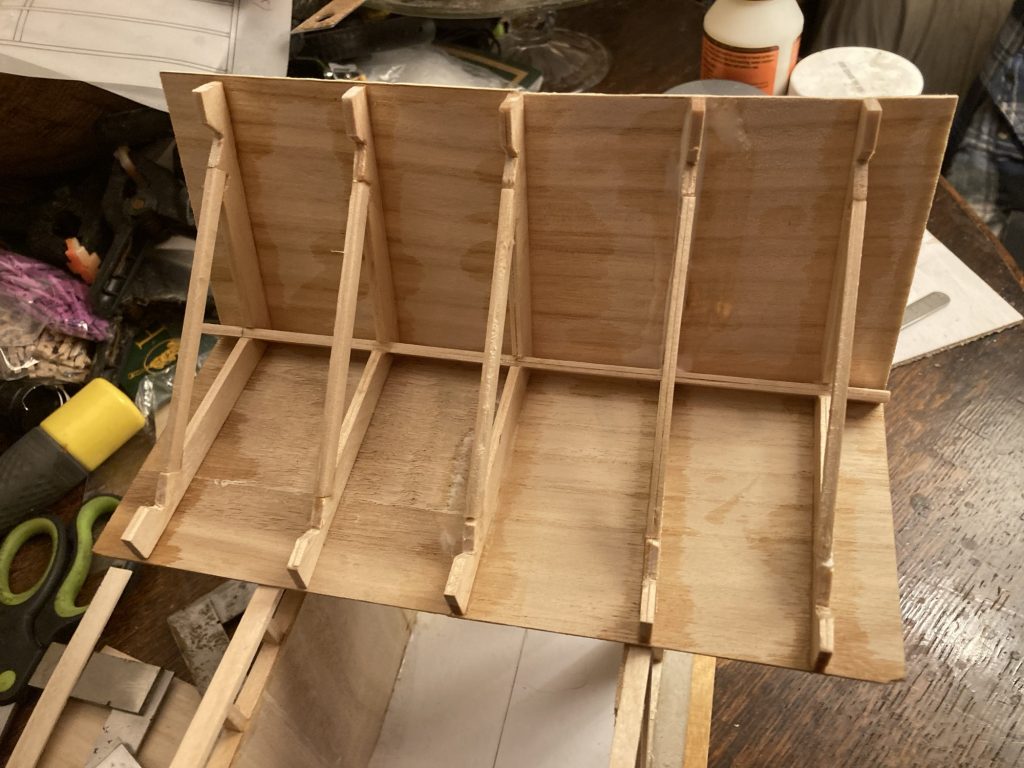

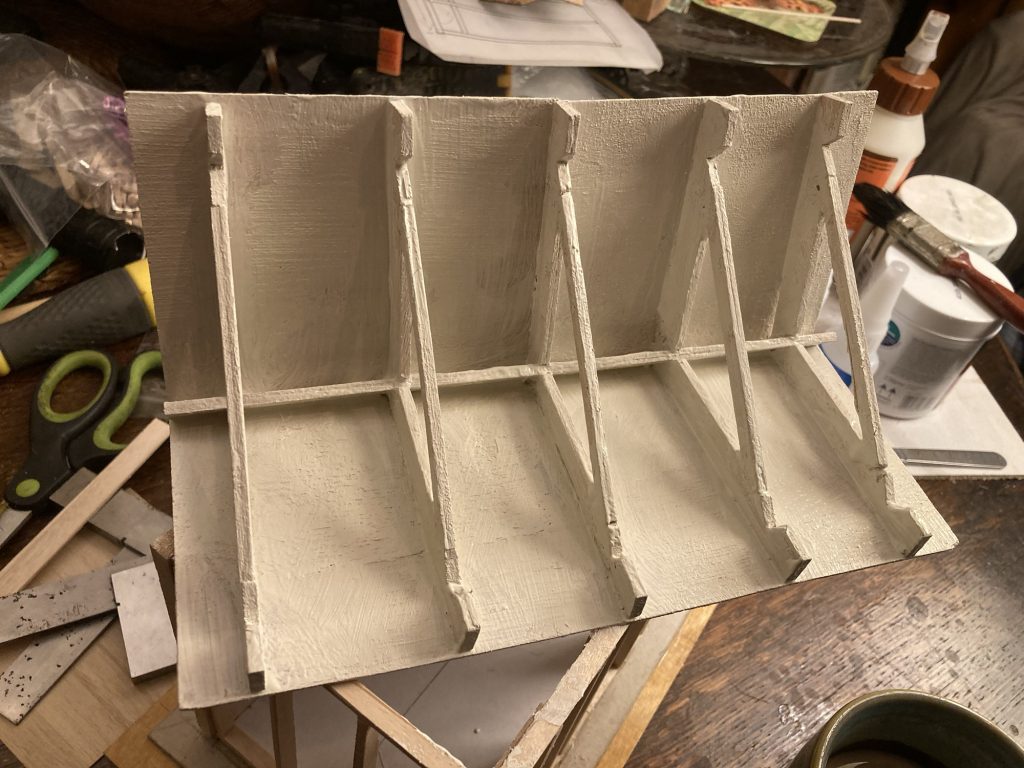
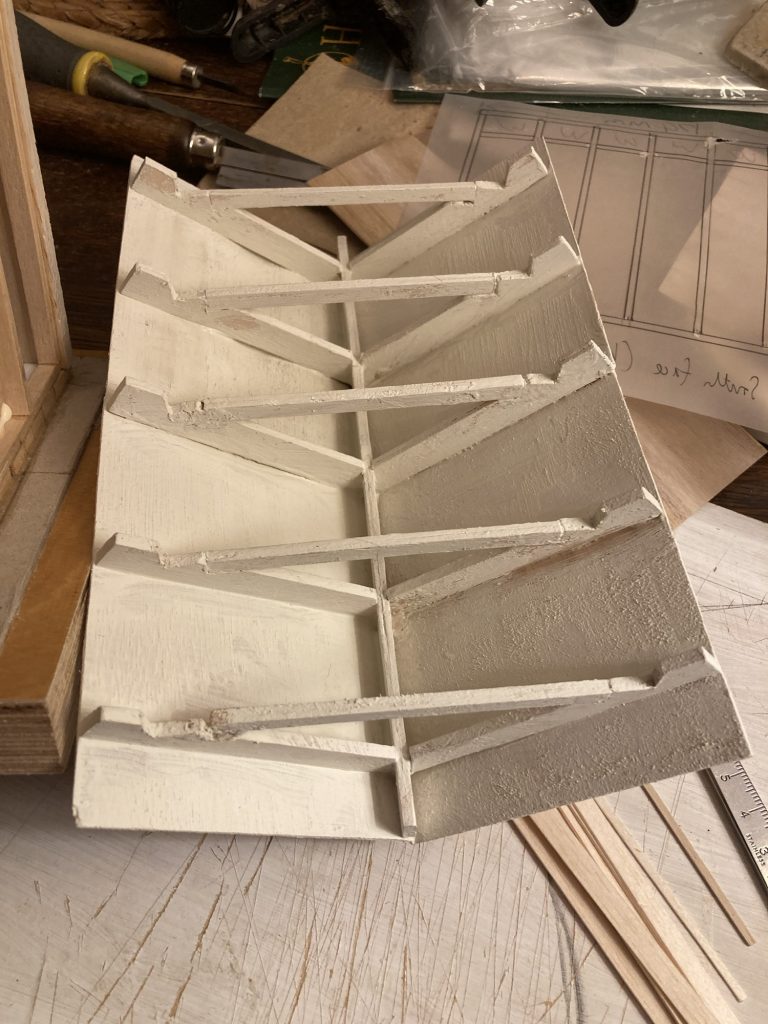
The roof was a bit of a nightmare, to be honest. And is far from perfect. But never mind. It is what it is. And it serves as a salutary reminder, if/when I transition to doing a real build, to put a lot of time and effort into getting the roof right.
The last thing I did, before turning in for the night, is the feather-edge style ‘shiplap’, pictured at the top of this post. There remains plenty more of that to be done.
HOME/DiY: 1:20 Art Studio Model, Day VI
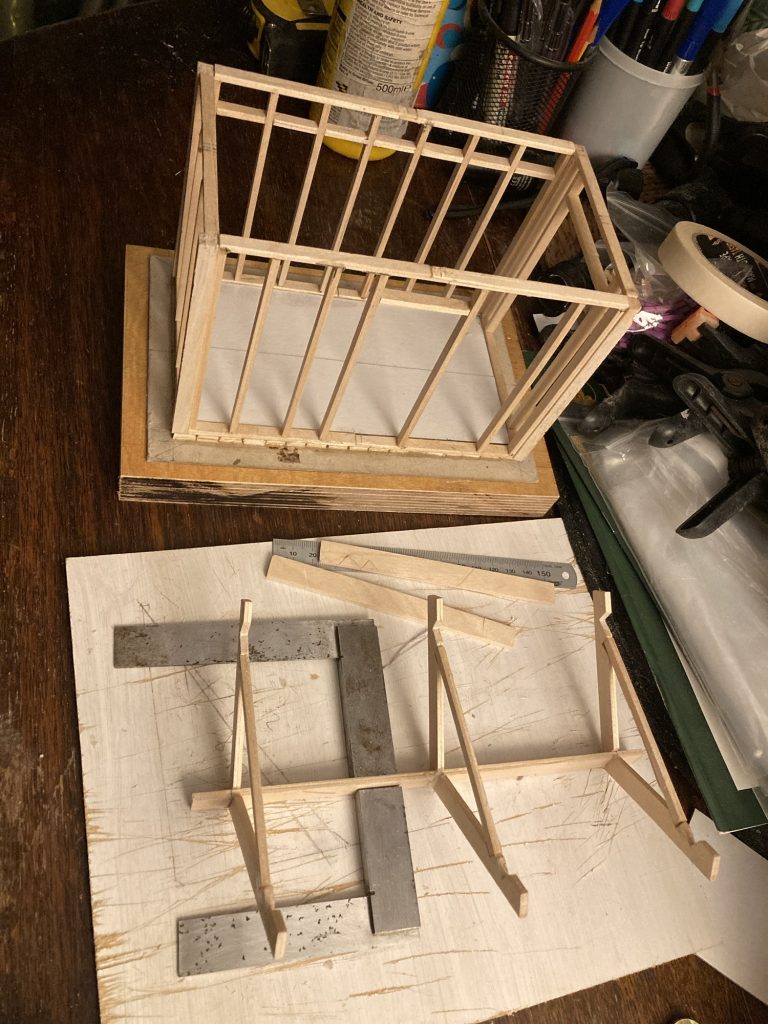
Felt appalling, due to yesterday’s Covid jab. Slept most of the morning. But did a delivery shift in the afternoon. Surprisingly, I felt ok. And it was good to get out of the house.
And this arrived from Japan today:
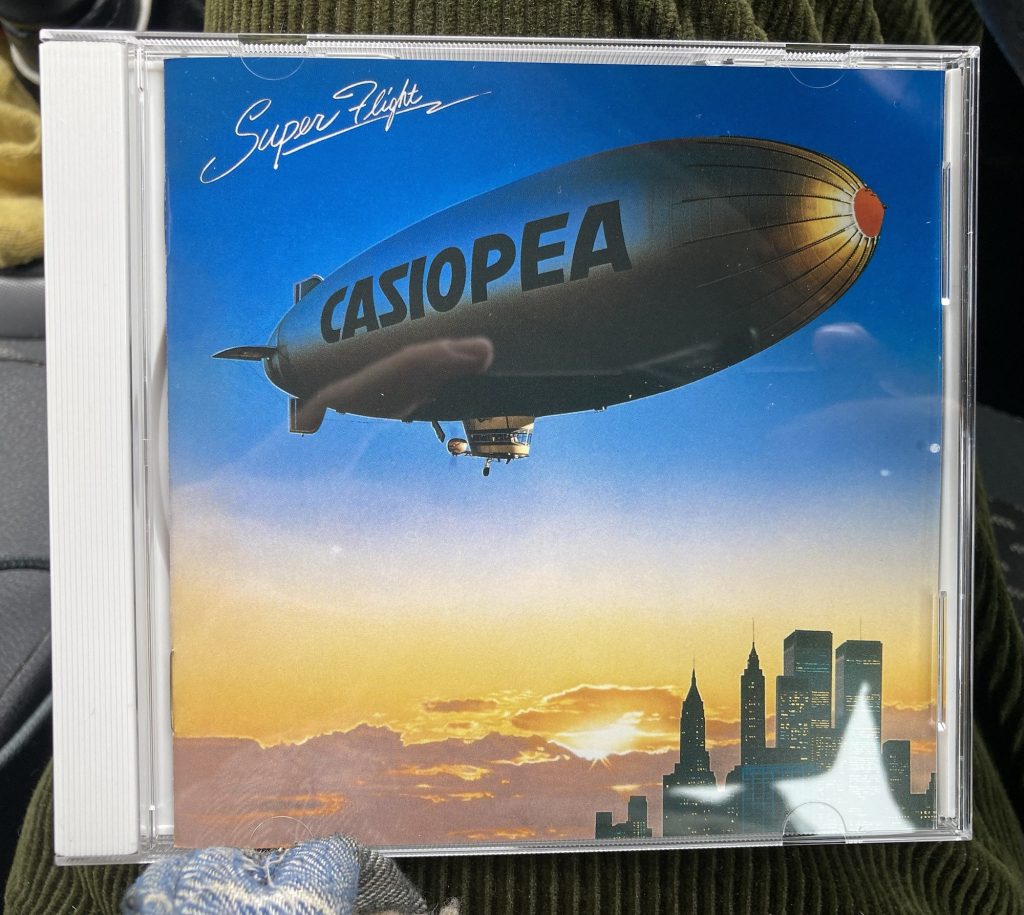
When I got home, I resumed building the art studio model. The dual pitched roof has been very hard to do.

It took a lot of attempts to get the roof to work. And even now it’s a bit approximate, in places. But I wanted to have it separate from the base/walls. And it is. I’ll prob’ make two more A-frames, for a total of five.
Some time later…
After a delicious pasta meal, cooked by my darling Teresa, and some Richard Osman’s HoG, on’t tellybox, I went back to working on the roof of the art studio model.
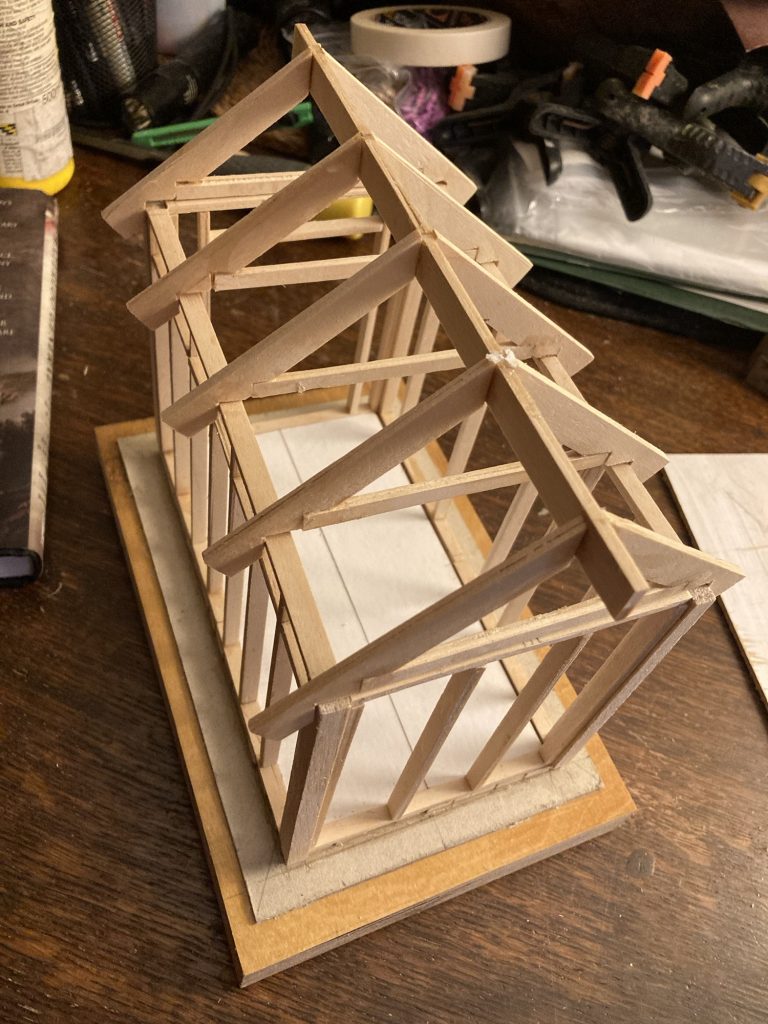
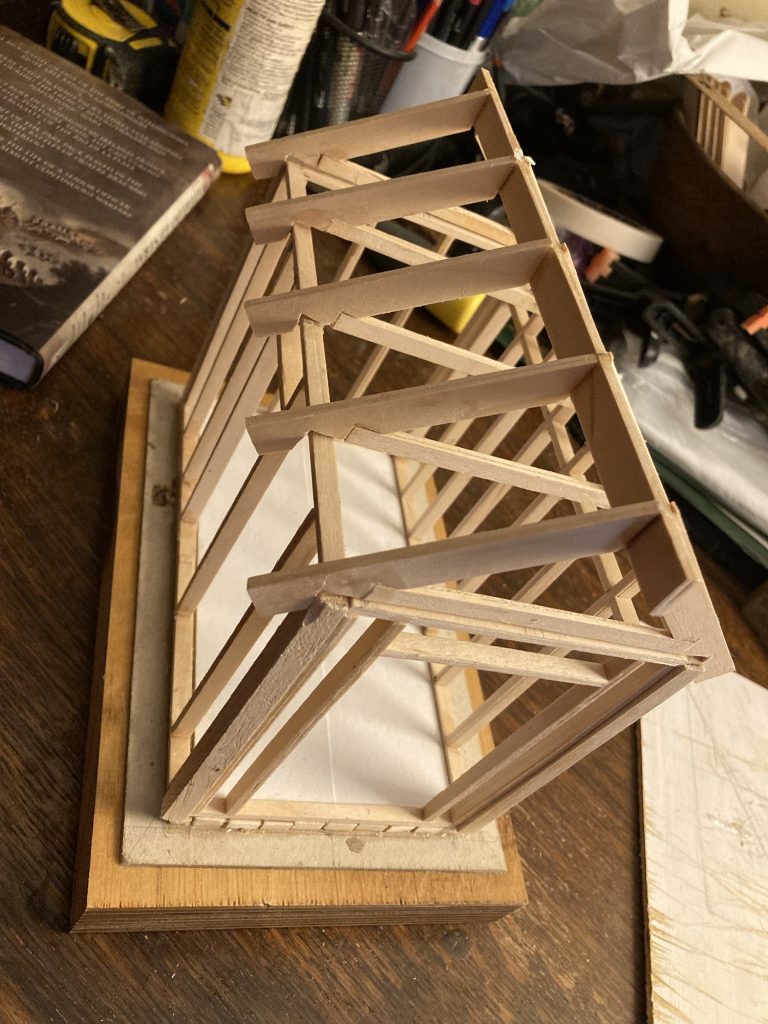
MUSiC: CDs Arrive From Japan

I ordered the two CDs pictured above what feels like aeons ago! In fact, the Charles Kynard one should’ve got to me in a previous order. That’s for Dad. Casiopea’s Super Flight is for me.
We’re visiting dad – assuming I’m well enough? (which I’m not at present!) – Thursday through Saturday/Sunday. So I’ll take that one with me. Prob’ take Super Flight as well, for the journey.
HEALTH & WELLBEiNG: Covid & Flu Jabs, Autumn/Winter, ‘24
Most years since I’ve been having flu and Covid jabs they’ve not been too troublesome. At worst a little ache at the injection site. This year? Holy cow… I feel utterly appalling.
And it’s not just physical. It’s made me ultra depressed. And it’s affected my sleeping patterns. Lasf night was a real struggle to get through.
Since a few hours after the Covid jab, around 10.45 am, I’ve felt aches and pains, a general ickiness – uncomfortable in my own skin (one’s own flesh kind of crawls!?) – a headache, continued coughing (this latter poss’ a legacy from my previous and ongoing respiratory stuff/colds?), unreal exhaustion coupled with a hyperactive mind, and profound anxiety.
Truly and deeply ‘orrible!
Reading about it online this morning suggests it’s quite a normal response. And poss’ a good sign; my body is fighting the infection, producing antibodies, etc.
But as someone whose everyday baseline health has been a state of physical and mental war with oneself, for most of my life, the desire for equilibrium – peace and good health, etc. – grows ever stronger. And, perhaps counter intuitively? The threshold of tolerance might in fact decrease.
Up to a point the constant ill health develops a tolerance. Beyond that point? One starts to get fed up of feeling fed up.
Thank goodness for Teresa. I went downstairs to tidy up a bit – my mind was freaking out (about clutter in particular!) – and try and sleep on a sofa. Being upstairs, in our bed I was simply getting more and more wound up. Our room seemed to smell very weird, and very strongly so…
Sometime around 2 am we were all downstairs, Teresa and Antonio using the loo, me on the couch. Teresa persuaded me to go back to bed. And she gave me a long back massage, which helped me get to sleep.
Thanks, my love!
Tragically my mental state is so volatile and fragile that episodes like this are potentially life-threatening. I’m so fed up with being fed up my mind immediately goes to ‘how do I end it all’ trains of thought. Sadly these trains run all too frequently, in my head. Not good!
I was reading about hanging – medical studies on how suicide-attempters view it, and suchlike – and seriously contemplating heading down the garden for a third attempt. Sheesh…
I wound up missing my afternoon shift yesterday. Whether that was a good or bad thing I really don’t know. But I do know I feel so shite now, I won’t be booking any work today. A day of rest is indicated. I believe.
I don’t look forward to that, to be honest. As activity, and especially my current work, is one of the things keeping me together. I really did think, last night, that I was falling to bits.
I’m very glad that hasn’t happened. And – tho’ I’m not religious – I ‘pray’, fervently, that I’ll get better, ASAP.
It’s 7.15 am. Antonio’s out, on one of his super-early swimming sessions, at the local pool. Teresa’s just left to catch the train to work. I’m in bed. Totally shattered, typing this. And hoping for a swift recovery.
Thanks also to Teresa for a nice hot cup of cream of tomato soup. Where would I be without her? Dead and gone, I reckon.
Later…
Well, I got off an hour long chat with The Samaritans. Thank goodness they exist! It’s great to be able to talk to someone who is supportive and non-judgemental.
Then I made myself some lunch: mango and kiwi, followed by a cheesy baguette (Red Leicester!). With a cup of Valerian tea.
And, whether this a a good idea or not I don’t know, but I have booked a short shift, 2-3.30 pm. Having missed a shift yesterday, I really need the money! I just hope my mind and body are up to the work?
